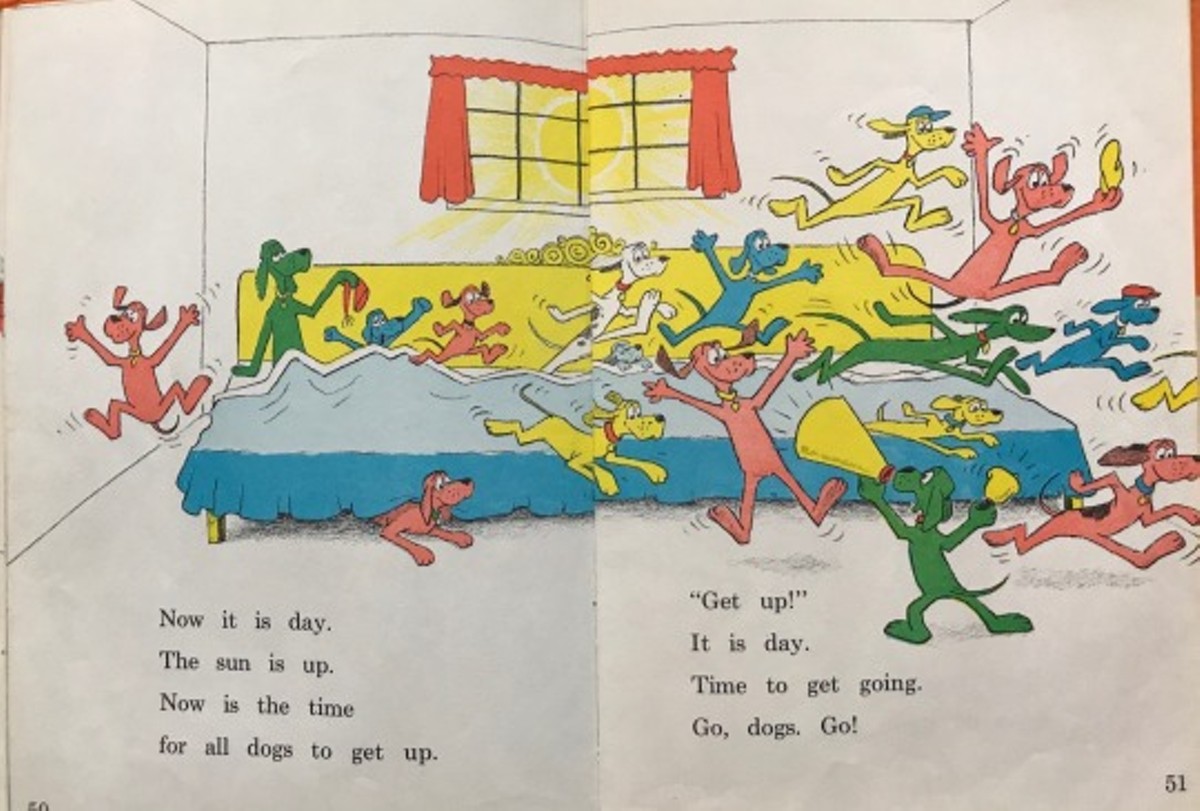The biggest problem with Florida Gov. Ron DeSantis and his minions on the State Board of Education in this school library kerfuffle is that they don’t go far enough.
Yes, yes, teachers in Manatee and Duval counties were required on Jan. 1 to remove or cover all books in their classroom libraries until they’ve been vetted by multimedia specialists or face felony charges and fines up to $5,000. And yes, the shelves of school libraries across the state may be bare as librarians pore over thousands of volumes to ferret out inappropriate content, such as nudity, before putting Winnie the Pooh (where are his pants?) into the dustbin or back on the shelves. The problem is, children are still reading.
A whopping 53 percent of them at grade level, according to the Florida Department of Education’s 2021 standardized tests scores for third-graders.
To truly execute the sweeping reforms DeSantis envisions, he needs a proper ad campaign along the lines of Nancy Reagan’s 1980s ground-changing ditty in the war on drugs: “Reading, just say no.” Or, because some hapless fifth-grader could easily stumble on the passage about menstruation in the classic Are You There, God? It’s Me, Margaret, harsh scare tactics need to be employed. Consider the effective role that the grim egg-frying PSA circa 1987 played — “This is your brain on drugs” — in stamping out narcotics use. The kiddie-lit cautionary tales are rife and could benefit from such a tagline. For example, “This is your brain on Seuss,” or “This is your brain on Eastman.” Do not diminish the corruptive power of the orgy scene with 20 naked dogs in bed together in P.D. Eastman’s seemingly innocuous Go, Dog. Go!
A thoroughly comprehensive battle to curb the scourge of reading that plagues the country’s children must take place on three fronts: in schools, around schools and at home.
First, the metal detectors in so many schools must be re-deployed to scan for contraband books. Innocent children, or “mules,” may appear guileless on the surface, but who’s to say whether they courier in their Little Mermaid backpacks illegal copies of Heather Has Two Mommies? Schools need to stay vigilant. It’s one thing to say Frog and Toad are “friends,” but educators need to go beyond titles and text to consider illustrations, as well. What will children make of the two male amphibians in the bedroom, a dolorous Toad slumped on his bed in full dishabille? In fact, children should not be exposed to frogs, period, since everyone knows the genus has a history of gender fluidity. (Think trans amphibians like the African reed frog, which may be born female, then become male based on shifting environmental factors.)
And don’t get me started on Toot and Puddle, those turtleneck-wearing pigs who cohabitate in Woodcock Pocket.
Second, just as we have drug-free school zones that jack up sentencing for offenders who peddle pot near playgrounds, we need comparable laws for the private after-school programs that collect students at day’s end and sweep them off to dens of iniquity, rec centers and YMCAs that line their rooms with reading material to tempt reluctant readers with the half-clad Captain Underpants. Add to that outsiders who seem to have a hall pass. Scholastic book fairs regularly infiltrate, flogging books like the Goosebumps series, which the American Library Association lists in its “100 Most Banned or Challenged Books” and which many — the moral majority? — rightly object to for its lack of morals.
Temptation continues apace when children leave the school grounds; the Little Free Libraries that proliferate on every urban block are a tinderbox.
Third, if we are truly concerned about the dangers of reading, we must not limit ourselves to schools and their surrounds. We must put homes in the cross-hairs. Hundreds of thousands of American families keep their books on open shelves in living rooms, in family rooms, in bedrooms where wee ones have open access. Just as basic safety concerns lead gun-owning parents to lock their Glock in a gun cabinet, we should require basic safety training for literary parents and require safety protocols for dangerous books. Parents don’t need to get rid of all their books — that would be a violation of their First Amendment rights — but they should lock them up. Moderation can be useful here, keeping in mind that books don’t kill people, people kill people.
The liberal elite have decried Florida’s moral struggle to mold the minds of its youth by censuring their access to books, yada yada yada, but the truth is, Florida understands that reading is life-changing and thus, ought to be snuffed out.
Rather than confining itself to this first modest foray into curbing youth reading, the state should go big with a three-strikes-you’re-out law for literary perps who seduce children into reading. Florida needs to throw the book at them.
Or whatever.
Karen Houppert is an author, director of the MA in Writing Program at Johns Hopkins University, and former editor in chief of the Baltimore City Paper.

